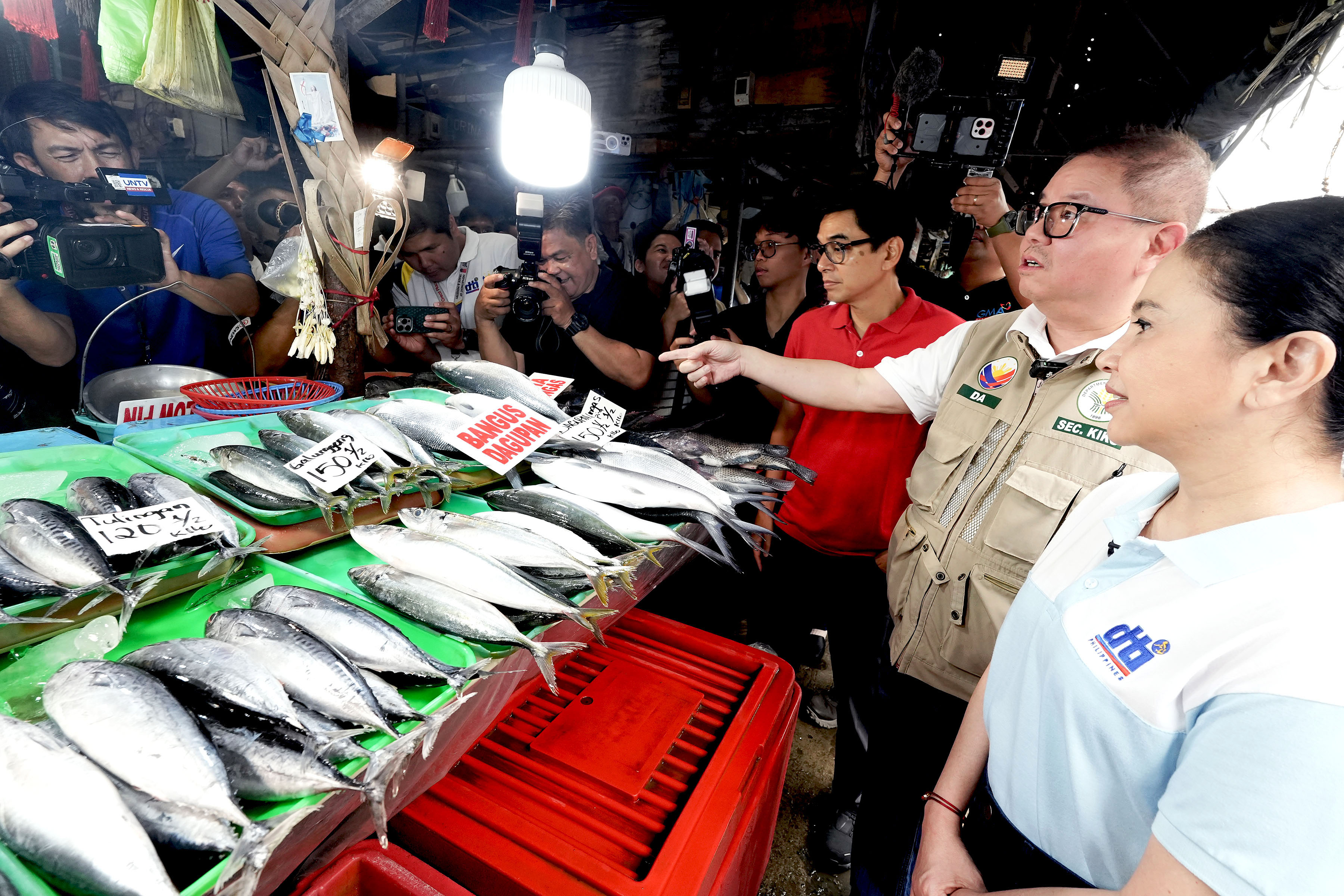
By Brian Campued
The Marcos Jr. administration will continue to intensify efforts to keep prices of key commodities stable and ensure sufficient supply despite recording faster inflation in August.
“We remain committed to implementing strategic policies that ease supply constraints and improve market efficiency. Our priority is to protect Filipinos, especially the most vulnerable, from the impact of rising prices while building resilience in our production systems to ensure stable and affordable food commodities for every household,” Department of Economy, Planning, and Development (DEPDev) Sec. Arsenio Balisacan said.
This was the assurance made by the DEPDev after the Philippine Statistics Authority (PSA) reported a “substantial increase” in the overall inflation last month at 1.5% from the nearly six-year low of 0.9% logged in July.
In a briefing on Friday, PSA Undersecretary and National Statistician Claire Dennis Mapa said the latest inflation data brought the year-to-date average inflation to 1.7%, still below the government’s 2% to 4% target range.
Inflation in fish (from 6.3% in July to 9.5% in August) as well as vegetables (-4.7% to 10%) contributed the most to the uptrend, Mapa explained, driven by the recent adverse weather conditions that disrupted production of said commodities.
While meat inflation slowed to 7.1% from 8.8%, the food item still adds to the weight of the food basket, which reflects the overall cost of food for consumers.
Rice inflation, on the other hand, continued to record a deflation, at -17% in August—and is seen to follow the downtrend for the rest of the year.
“Nakita natin pababa na talaga ‘yung presyo ng bigas, lalo na ‘yung regular-milled rice. Continuous itong nakikita namin na pagbaba, although ‘yung number siguro in terms of negative inflation rate for September, October, [and] November, ay baka bumagal nang kaunti kaysa dito sa negative 17%,” Mapa said.
“Ang isang dahilan of course ‘yung ating base effect. ‘Yung inflation rate natin nung August last year ay nasa 14.7% for rice, nung September nasa 5.7 na lang. So continuously, nakikita namin magiging negative pero baka ito na nga ‘yung pinaka-bottom ng number natin,” he added.
The base effect, according to PSA, refers to the influence of high or low historical data on the current inflation rate when compared to the past value.
“‘Pag nagko-compute tayo ng inflation rate, year-on-year ‘yan, kino-compare natin ‘yung mga presyo ng bilihin ngayong buwan doon sa presyo nung nakaraang taon. So, ‘pag meron siyang pagtaas nung last year for example, medyo may impact ‘yon—pag tumaas pa rin, baka hindi na ganon kalaki ang inflation rate,” Mapa explained.
While the August 2025 inflation rate “remains at a manageable level,” DEPDev Sec. Arsenio Balisacan underscored the importance of closely monitoring the country’s weather outlook as it will affect agricultural production, notably with the threat of tropical cyclones and La Niña conditions.
“While inflation remains broadly manageable, the recent figures highlight how adverse weather conditions directly impact prices,” Balisacan said in a press release.
“In anticipation of these weather shocks, we must ramp up preparatory activities and proactively ensure sufficient food supply to protect Filipino consumers from price volatility,” he added.
Among the Department of Agriculture’s (D.A.) efforts to support the sector include the allocation of agricultural inputs to regional field offices; financial and insurance assistance, indemnification, and rehabilitation funding for registered farmers affected by extreme weather conditions; and the upcoming soft launch of a command center to enhance data-driven management of the food supply chain and boost supply-demand forecasting.
“Initially focused on the rice value chain, the system will eventually cover high-value crops, livestock, poultry, and fisheries. It will also establish a central registry of food and cold storage facilities and dry warehouses, including their stock levels,” Balisacan said.
The Food and Drug Administration also approved the commercial use of Volvac B.E.S.T. (Baculovirus Expressed System Technology) AI plus ND, the first avian influenza vaccine in the country that is expected to protect poultry from the highly pathogenic avian influenza (HPAI) subtype H5N1 and velogenic Newcastle disease.
-jpv
